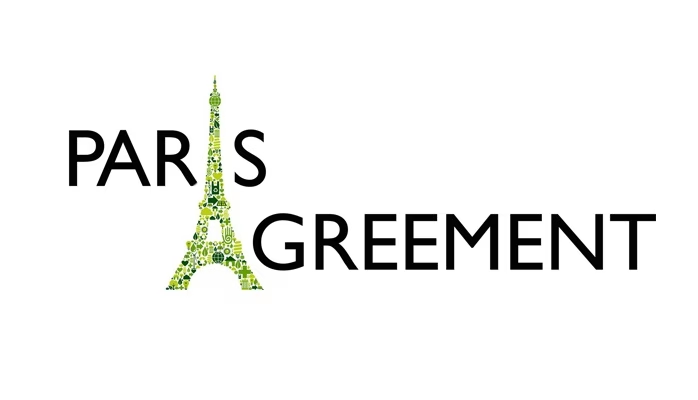The Paris Agreement, signed in 2015, aims to limit global warming to below 2°C above pre-industrial levels, with efforts to restrict the temperature increase to 1.5°C. Article 6 of the Paris Agreement plays a crucial role in achieving this goal by enabling international cooperation through carbon market mechanisms.
Article 6 is divided into three main parts:
- Article 6.2: Refers to bilateral or multilateral cooperative agreements between countries, allowing the transfer of certified emission reduction outcomes (Internationally Transferred Mitigation Outcomes – ITMOs).
- Article 6.4: Establishes a new market mechanism supervised by the United Nations, facilitating carbon credit trading between countries and businesses, similar to the Clean Development Mechanism (CDM) under the Kyoto Protocol.
- Article 6.8: Focuses on non-market-based approaches to promote international cooperation in emission reduction without the need for carbon credit transactions.
Opportunities for Vietnam
Vietnam, with its geographical and natural resource advantages, holds significant potential when participating in the international carbon market.
- Development of carbon credit projects: Vietnam has substantial potential in emission reduction projects involving renewable energy (such as wind and solar power) and nature-based solutions (such as forest conservation and reforestation). Article 6.4 allows Vietnamese businesses to develop and sell carbon credits to international partners, expanding revenue streams and encouraging investment in green technology.
- Enhanced international cooperation: Article 6.2 opens up opportunities for bilateral agreements between Vietnam and other countries, enabling the transfer and sale of ITMOs. This not only helps Vietnam access financial resources but also provides opportunities to acquire advanced technology from developed countries.
- Promoting sustainable development: Participation in the carbon market under Article 6 helps Vietnam enhance its international reputation for environmental commitment, while also contributing to achieving the United Nations Sustainable Development Goals (SDGs).
Challenges for Vietnam
Despite its significant potential, Vietnam faces several challenges in engaging with the international carbon market.
- Legal and policy framework: Currently, the legal framework regarding carbon credits and carbon market mechanisms in Vietnam is still under development. Formulating and implementing regulations in line with Article 6 requires close coordination among government agencies, businesses, and international organizations.
- Management and technical capacity: Participating in the carbon market requires Vietnam to strengthen its management and technical capacity, particularly in monitoring, reporting, and verification (MRV) of emission reduction outcomes. The lack of experience and expertise in this field may hinder Vietnam’s participation in international transactions.
- Competition with other countries: Developed countries and established markets such as the EU, Japan, and South Korea have advantages in technology and financial resources. This poses a challenge for Vietnam in competing and attracting international investors.
- Price risks and market volatility: The carbon market, like other commodity markets, can be subject to price volatility. This instability may impact the profitability of developing and selling carbon credits, especially during the early stages of market formation.
Directions and Solutions for Vietnam
To seize opportunities and overcome challenges, Vietnam needs to implement several specific strategies and solutions:
- Completing the legal framework: The government should expedite the development of a comprehensive legal framework for the carbon market, incorporating Article 6 of the Paris Agreement into domestic regulations. This would provide a solid legal foundation for businesses and investors to operate.
- Enhancing management and technical capacity: Training and capacity-building for relevant agencies and businesses are essential to meet international MRV requirements. Collaborating with international organizations and countries with experience in carbon markets will also provide valuable lessons.
- Encouraging investment in green technology: The government should promote policies that support renewable energy and clean technology projects to create high-quality carbon credits. This would help Vietnam meet its domestic emission reduction targets and strengthen its participation in the international carbon market.
- Developing a long-term strategy: To maximize benefits from the carbon market, Vietnam needs a clear long-term strategy, including the development of appropriate projects, reasonable carbon credit pricing, and plans to respond to market fluctuations.







